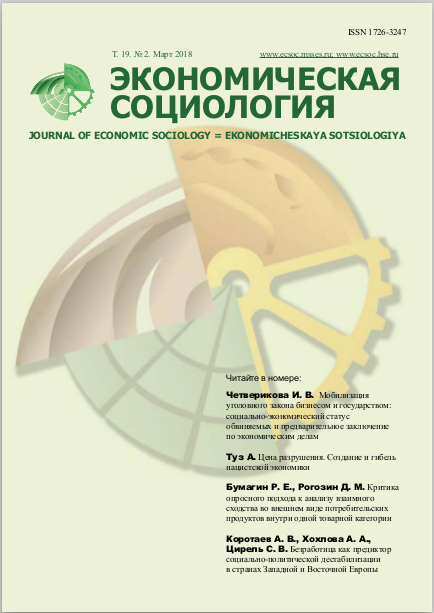Criticism of Interview Approach in Examining Similarity of Appearance of Products Belonging to the Same Product Category
Abstract
Most of the studies examining the similarity of the appearance of products within a single product category, whose results are used as evidence in intellectual property lawsuits, are b ased on the interview approach. Respondents are asked to estimate a set of products from different manufacturers, either in a personal interview, online interview, or test imitating the situation of choice; they are then asked to answer a battery of questions regarding what they have seen/perceived. No matter how sophisticated the testing techniques are, the questions are focused on discovering the similarity (rather than difference) of objects treated by both the researcher and the examinee as if they are absolutely heterogeneous. Having succeeded at finding this similarity is interpreted as proof that one product is seeking to imitate the other. However, in real marketing practice, the situation where two products belonging to the same category do not inherit some common generic traits and perform as though they were originated in a symbolical and historical vacuum is nearly impossible. Most often, sociologists involved in lawsuits as expert witnesses tend to ignore (or remain ignorant of) the factor of generic/categorical similarity and use discovered “similarity” as direct evidence, contravening the basic principle of experimental work— undisputable openness and falsifiability of all results. The overarching goal of the article is to pull the sociological evidence and expertise out of the shadow of institutional games and to create the basis for scientific criticism of methodological decisions applied by sociologists. Having received an order to conduct a substantial research in this field from a large Russian consumer market player, we decomposed our own methodological cornerstones and developed a simple cognitive-oriented experimental plan that made it possible to conclude that not only is there a similarity between the compared goods, but also a certain background level of similarity within the product group. The technique is described in detail, which allows reproducing or criticizing the results obtained. The described methodical decision can be used in other social studies on similar legal cases. Thus, the criticism of the interview approach dominating Russian practice of sociological expertise in intellectual property trials is presented via the description of an alternative experimental plan.













